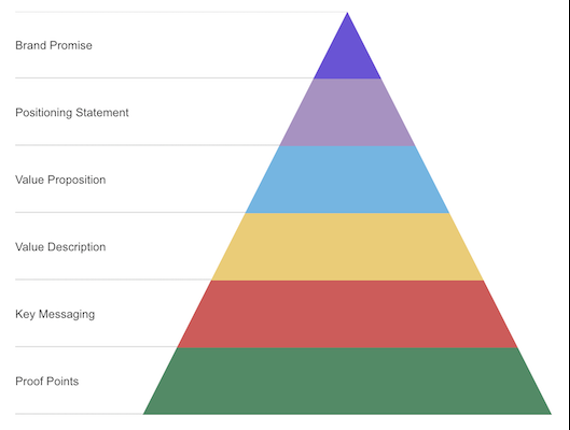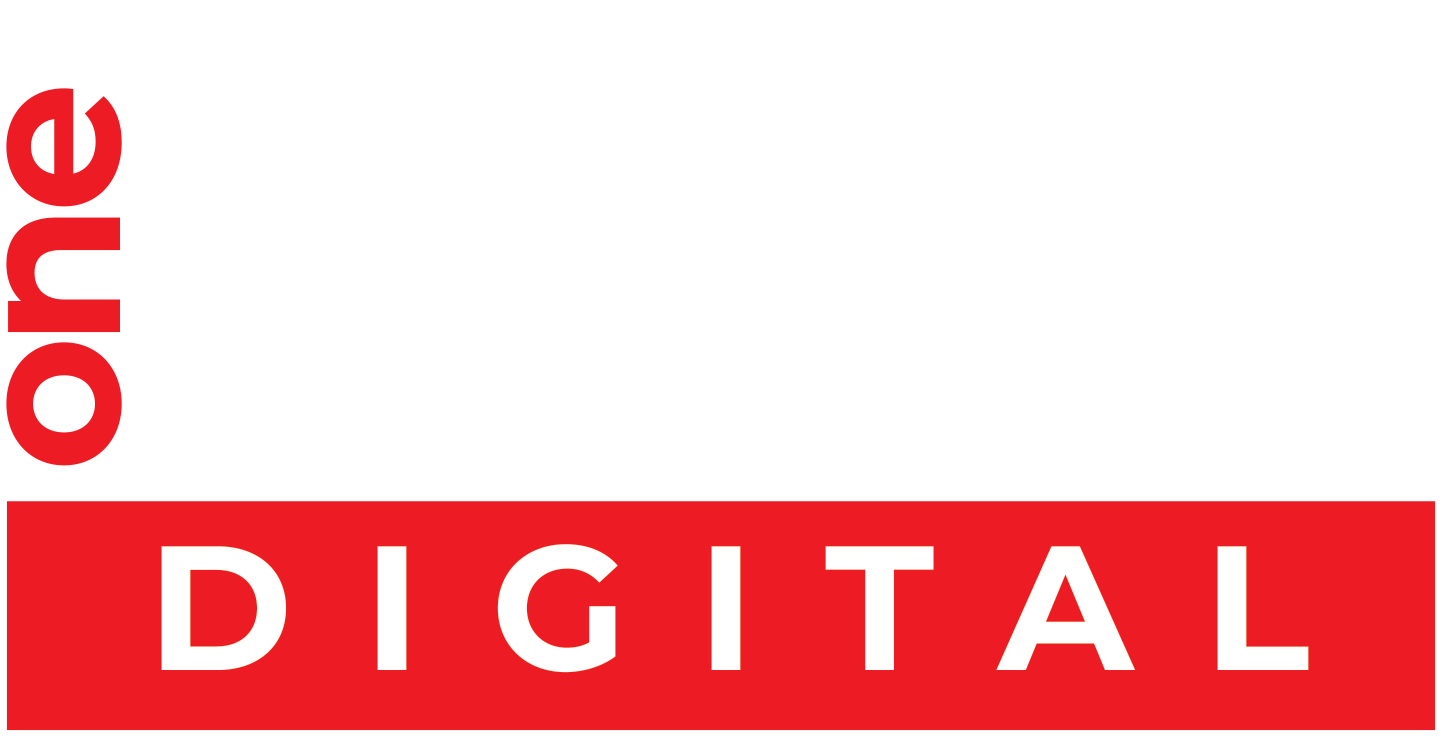
The Complete Guide to Online Customer Research
- December 23, 2022
Are you looking for a new way to understand your customers? Do you know where they spend their time online, their average annual income or revenue, and their most significant problems relevant to your solution?
How about how they like their coffee?
Considering all the data you hold, you probably think you know your customers pretty well. You may also feel that you understand them and deliver what they need. Does that sound like you? Then you might want to think again.
Market research shows that 44 percent of brands feel recommending products on past preferences is imperative, while just 11 percent of customers agree. However, it’s essential to recognize that marketing isn’t a guessing game. Simply putting yourself in your customer’s shoes for a few minutes and imagining how they think and feel isn’t enough.
Deep, ongoing market research is one of the best ways to truly understand your customers. Whether over the phone, on Skype, or over coffee, one-on-one conversations are often the most effective ways to get inside your target market’s head. If you’re starting market research, I recommend this as your first step. Unfortunately, this method is time-consuming, and it’s not for collecting vast volumes of data. However, that’s where online market research comes in; it can help you round out the information you’ve amassed during your one-on-ones, and it’s a great way to flesh out your customers' personas.
Additionally, market research can help product managers get the feedback they need during the product cycle, enabling them to create better products and keep current products fresh for longer.
Sounds great, doesn’t it? But where can you go online to learn about your customers?
Well, it depends mainly on where your customers spend their time. In this article, I detail the websites, tools, and techniques that have proven most effective for me when conducting online market research about a target niche.
Quora
Quora is a great place for market research because it revolves around people holding in-depth conversations about a broad range of topics, from social media to startups to ethnic junk food. Type a keyword or phrase related to your product in the search box, and Quora delivers a long list of conversations, at least some of which reveal how your target market is thinking about things related to your business.
For example, there’s a huge increase in remote workers. Let’s say I’m thinking of developing a tool that makes it easier to recruit contractors, and I want to learn more about what’s on community managers’ minds. You can search ‘social media’ and immediately see a list of questions about your product or business idea.
Keyword Research
As Copyblogger points out in its free guide, keyword research isn’t just about SEO. “At its essence, it’s market research. It tells you what people are interested in and in what relative numbers,” and “it reveals the actual language people are using when they think about those topics, which provides you with insight on how to converse with them via your blog.”
It breaks down exactly how to:
- Interpret keyword research to understand your niche
- Identify which kind of business/product/service/blog would generate traffic or money
- Determine what types of content would get the attention of your audience
In the meantime, here are some tips to help with your keyword analysis:
- First, look at the big picture. Don’t get bogged down in the details of individual keywords. Instead, take a step back. What trends do you see? What are people searching for? What matters to them?
- Assess keyword profitability. In a nutshell, keyword profitability measures how much money you can make from ranking for a particular keyword. Several factors go into calculating keyword profitability, including search volume, competition, and CPC (cost per click).
- Pay attention to search intent. Searchers use keywords for different purposes, so paying attention to what people search for when using a particular keyword is essential. For example, do they want to buy something? Go somewhere? Or learn something? You can tell by the questions they ask:
- Look for high search volume: If a keyword has a high monthly search volume, that means there is a lot of interest in that topic. This is a good indicator that it would be a good content topic.
- Consider keyword difficulty. The higher the percentage, the harder it is to rank for a keyword. You can use my Ubersuggest tool to assess this.
Whenever I interview people representing a specific target market, I ask them what terms they would put in Google to find information related to the industry, product, or service. This also gives me a few keywords and phrases (that I might not have thought of before) to start playing with in my keyword research.
Blog Comments
There are a couple of ways to use blog comments for research. If you have a successful blog with multiple comments per post, reading through them can give you insights into your target market’s key pain points.
Entrepreneur and super-successful blogger Darren Rowse often gets hundreds of comments on his blog posts. He encourages people to make these comments valuable and meaningful by ending his articles with a prompt for the readers to respond.
You can also browse comments on popular industry blogs, articles relevant to your field, or your competitors’ blogs and look for common threads. For example, let’s say I’m building a course on running a profitable blog, and Darren is one of my main competitors. His blog comments are a gold mine of insights into my target customer’s psychology.
Surveys
Surveys are one of the most valuable market research tools for efficiently gaining customer feedback. You’re not short of options. Below are just a few of them.
SurveyMonkey
Tools like SurveyMonkey are an excellent option for online market research. You can create regular surveys, quizzes, or polls. You can then send the link to your mailing list subscribers, post it on your blog, use it in mobile chat, and share it on social media.
SurveyMonkey is free to sign up with, and subscriptions start at $25 per month. For more extensive surveys, the company offers a market research solution that conducts the studies for you. Estimated costs are available on request.
Alchemer
Formerly SurveyGizmo, Alchemer positions itself to clients that ‘have outgrown SurveyMonkey.’ It provides industry-leading survey software and enterprise feedback. A free account gives you up to three surveys, and individual ‘Collaborator’ accounts start at $49 monthly.
Qualaroo
Another increasingly-popular survey tactic is to place a short pop-up survey at the bottom of your website with an app like Qualaroo. This is great for testing product improvement ideas or confirming your hypothesis about your target market. Again, remember to keep it short. These pop-up surveys are most successful when you stick to one question.
Here are a few tips for getting the most out of customer surveys and market research:
- Keep it short and sweet. Customers are more likely to take a short survey than a long one.
- Make it easy to respond. Include multiple choice answers whenever possible, and check the survey is mobile-friendly so customers can take it on the go.
- Offer an incentive. This encourages customers to participate if they know they’ll receive something in return, such as a discount or free shipping.
- Make them engaging. Use engaging language and visuals in your surveys to keep customers interested.
With creating customer surveys covered, let’s look at another tactic: progressive profile through forms.
Your Competition’s Website
Studying your competition’s web copy and blog content is another excellent way to identify what matters to your target market. Granted, there’s no guarantee that your competition’s messaging is based on thorough research. Still, common threads found in the copy and blog content across your competitors’ websites can point you in the right direction.
To analyze your competition’s messaging, you can draw up a hierarchy.

The hierarchy consists of the following:
- Brand promise (heart of a company’s marketing message)
- Positioning statement (a sentence or short paragraph that describes what a company does)
- Value proposition (the unique selling point that distinguishes your company from others in the market.)
- Value description (a written statement that defines the worth or importance of something)
- Key messaging (the central idea or theme a company wants to communicate about its product or brand).
- Proof points (a proof point is a persuasive element that supports a claim made about a product or service)
If none of the above options work for you, then maybe consider paying for market research.
Pay For Research & Data
There are many ways to conduct online market research without paying a cent, but sometimes you’ll want to fork over a little cash to save time and get a more robust data set. I’ve listed some options below.
GutCheck
Market research company Toluna recently acquired GutCheck. The company helps businesses understand their customers, create and develop products that their audience demands, and designs the creatives most likely to resonate with their target niche.
Additionally, you can assess your brand’s performance and find ways to enhance your product or service, validate new product ideas, discover customer segments, and test advertising concepts.
UserTesting.com
As the name suggests, UserTesting.com pays testers to give their feedback on products and services.
UserTesting.com offers various services, including user experience research and usability testing, and works with many industries, including e-commerce and healthcare.
Five-Second Test (Usability Hub)
It’s no secret that consumers make snap judgments, and that’s the inspiration behind this market research company.
An example would be a web page. Consumers answer common questions such as:
- What purpose does the page have?
- Does the brand look trustworthy?
- Which elements stick in your mind?
A limited, free package is available, with paid subscriptions starting at $89 a month.
QuestionPro
Another way that people get surveys is by collecting data from a mobile kiosk when Internet functionality is limited. QuestionPro provides this functionality, and it also supports many other ways to collect results from respondents, such as SMS.
QuestionPro allows users to create surveys with ease, and G2 rates it as a leading survey software.
FAQs
What is Online Market Research?
This is where a company does market research on the internet. Focus groups and surveys are good examples.
Market research involves collecting data about consumers and using that information to improve business decisions.
It falls into two categories: primary and secondary. Primary market research is data you obtain from surveys, interviews, or focus groups. Secondary market research is data someone else collects, like government statistics or industry reports.
Is Market Research the Same as Customer Research?
No, market research is gathering and analyzing data about a target market, while customer research is collecting and analyzing data about a company’s current or potential customers.
How Do I Conduct Market Research?
Through surveys, market research companies, focus groups, over-the-phone, and online market research groups. Social media is also great for polling and finding out what people think.
When Should I Conduct Market Research?
The best times for market research are before a product launch, when you’re testing an idea, when you’re thinking of revamping a product/service, or launching a business.
Can You do Market Research in Person?
Sure. Sometimes the personal approach is better, too. Meetups, or focus groups, are just two ways to conduct face-face market research.
Conclusion
If you want to find out more about your customer, it’s simple: ask them.
You could conduct your market research in multiple formats, including surveys and focus groups. Alternatively, you can analyze your competition via their comments sections or use free tools to identify hot topics like Google Trends.
However, market research shouldn’t be a one-time thing you do when creating your marketing plan; ideally, it will be an integral part of your marketing strategy and product development process. The websites, communities, and resources above are just a few places to learn more about your target market.
Where do you go online to research your customers, and how often do you do it?
© All right reserved . One Inch Digital - Creative Agency.

